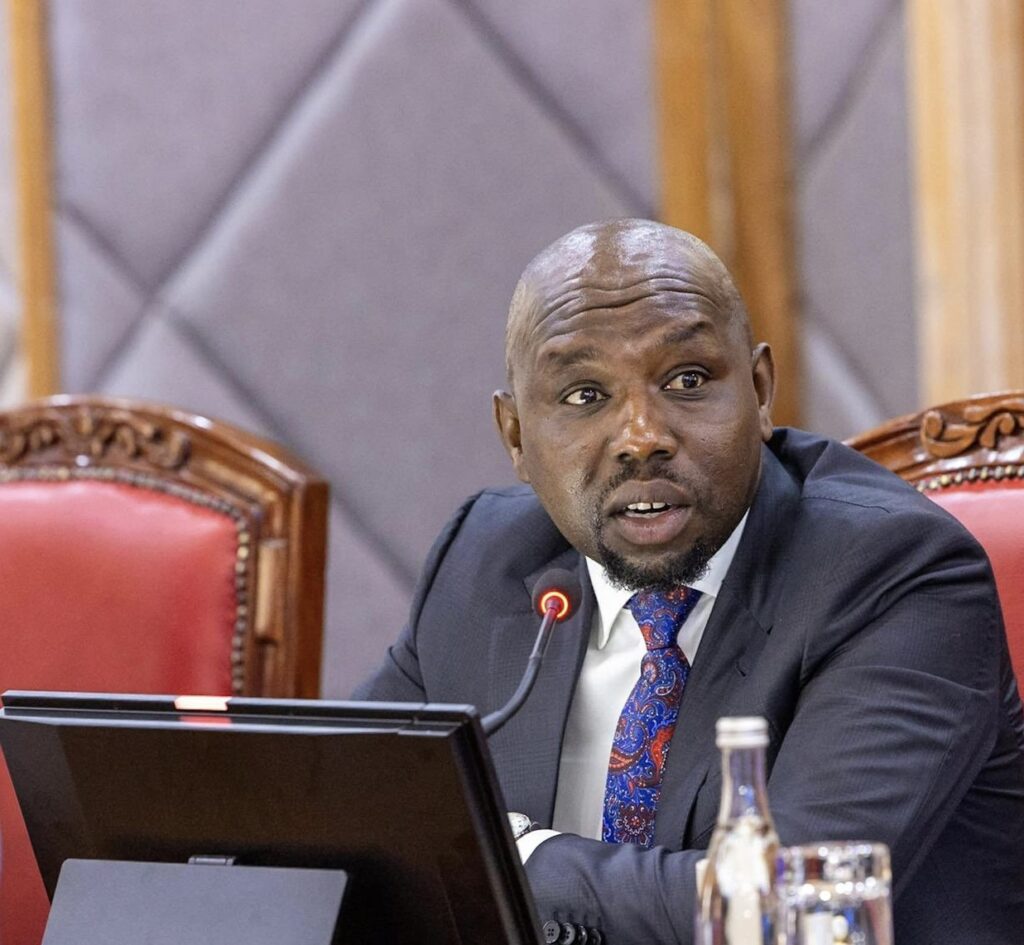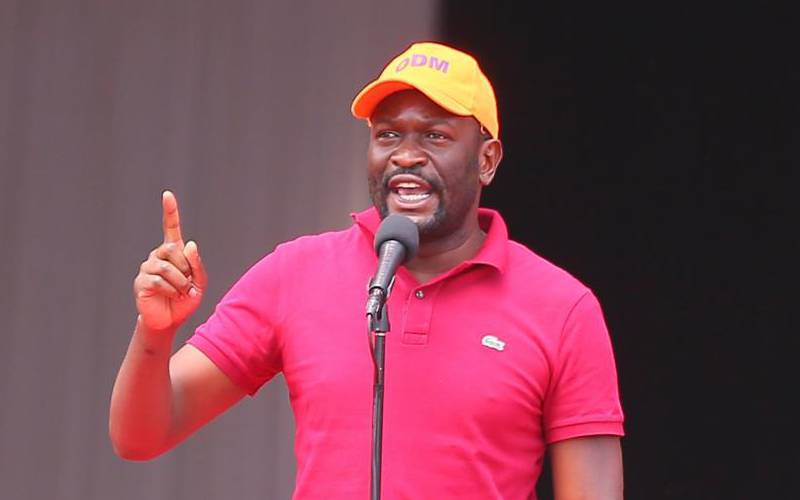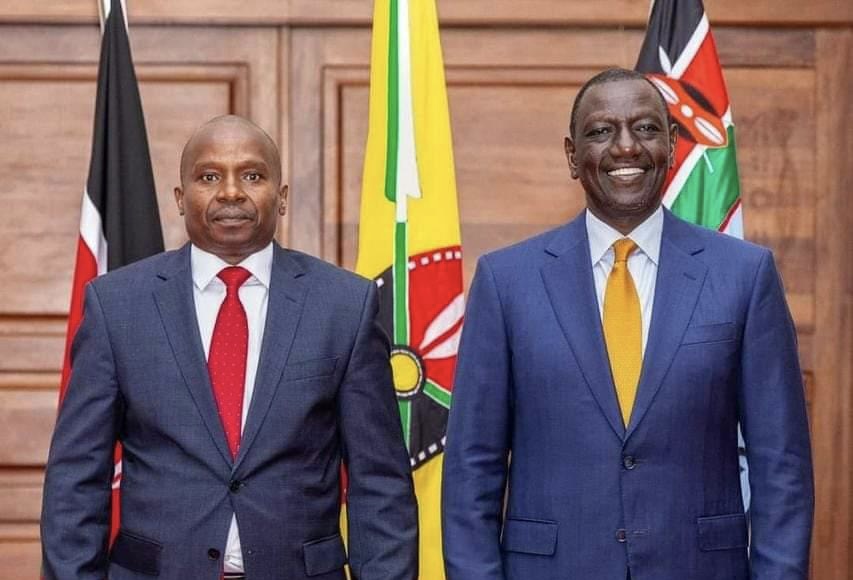Nairobi, August 14- Interior Cabinet Secretary Kipchumba Murkomen has sharply criticised a recent BBC documentary on alleged sex trafficking of underage girls in Mai Mahiu, claiming the exposé was built on falsehoods and misrepresentation.
Addressing the National Assembly, Murkomen said police inquiries revealed that individuals featured in the film were not minors as depicted, and some admitted to falsifying their ages to fit the production’s narrative. He alleged that BBC journalists had approached locals to identify young women aged between 17 and 21 under the pretext of a foreign sponsorship programme.
“One witness, Lucy Njoroge, confirmed she lived with four women aged 19 to 24, all of whom recorded statements with the police,” Murkomen told MPs. “These witnesses claimed they were promised large payments and lifestyle benefits in exchange for their participation.”
The CS further alleged that two women who acted as traffickers in the documentary were offered substantial sums and have since relocated to an undisclosed location. Despite the serious allegations in the film, Murkomen said no victims of underage sex trafficking had been found in Mai Mahiu. Investigations are ongoing.
According to Murkomen, the project “failed to achieve its intended purpose” because of false information provided by several interviewees. He acknowledged that prostitution remains widespread in parts of the country, particularly along the northern corridor, but stressed that existing enforcement measures still fall short in preventing minors from accessing lodgings.
National Assembly Speaker Moses Wetang’ula and Kisumu East MP Shakeel Shabbir backed Murkomen’s stance, accusing the documentary of tarnishing Kenya’s image without presenting verifiable facts. “From this statement, the entire report was fake because those interviewed were not underage,” Shabbir asserted, adding that there was no evidence to prosecute anyone over the film’s claims.
Murkomen also touched on other policing matters during the session, ruling out body cameras for officers due to budget constraints, criticising the state of police stations, and defending the use of plain clothes by Directorate of Criminal Investigations (DCI) officers during protests. He dismissed a High Court order requiring police to wear uniforms at demonstrations as impractical for undercover investigations.
On the question of compensating for property lost during demonstrations, the CS clarified that the presidential directive only covered families who lost loved ones during such events.
The BBC has not yet issued a public response to Murkomen’s remarks.









